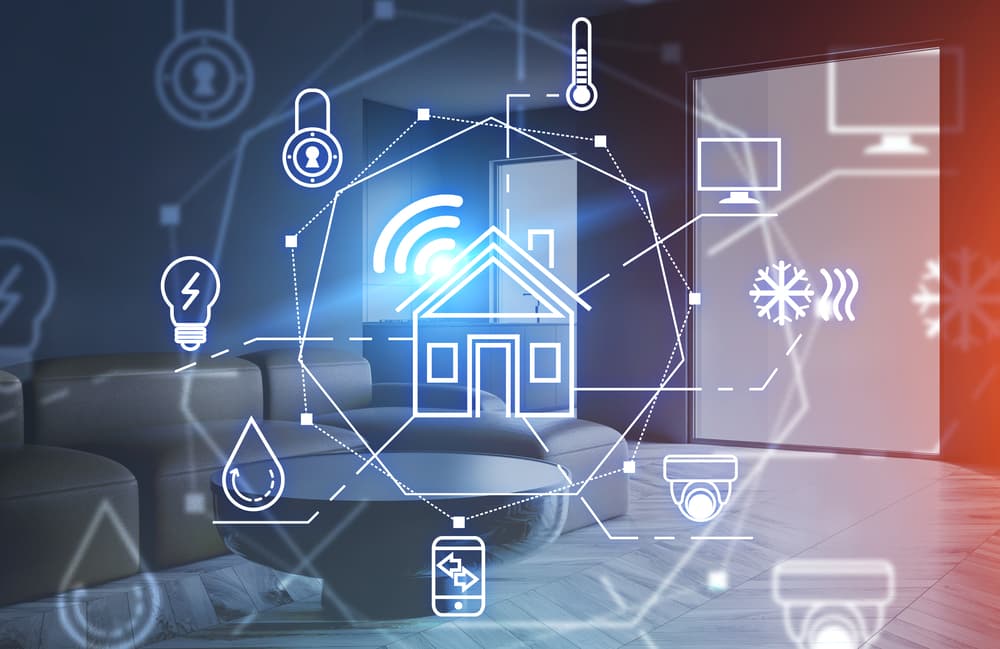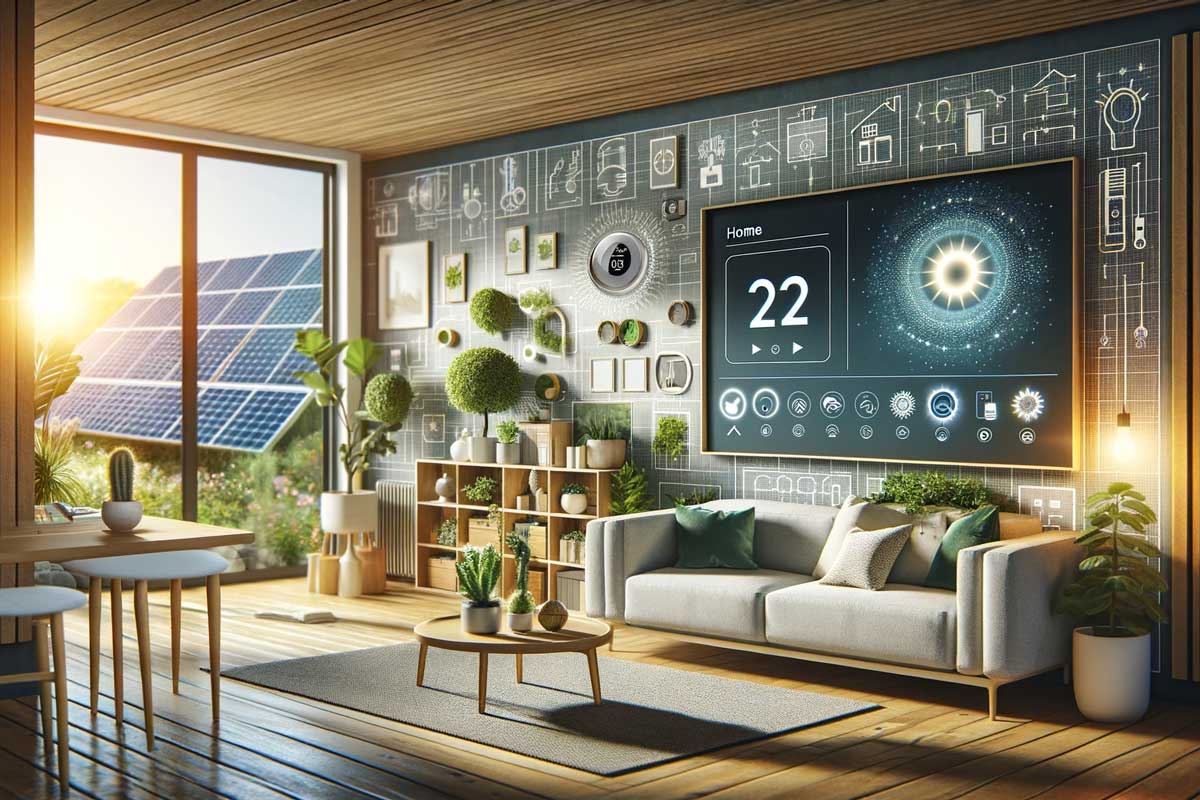
How Smart Devices for Energy Conservation Transform Modern Living
Share
In a world that's increasingly leaning towards sustainability, the role of smart devices for energy conservation cannot be overstated. As the demand for efficient energy solutions heightens, particularly among tech professionals and enthusiasts, these devices have become a pivotal part of our daily lives. This trend highlights a significant shift in how we view and utilize energy resources.
With advances in technology, the concept of smart devices has rapidly evolved, making it easier for households and offices to adopt energy-efficient practices. These devices not only help in reducing our carbon footprint but also translate into substantial cost savings in the long run.

The Evolution of Smart Energy Devices
Smart energy devices have come a long way from their inception. Initially, the idea was to simply manage basic home utilities more efficiently. However, today, they have evolved to include sophisticated systems that learn and adapt to user behaviors, optimizing energy usage in real-time. Innovations such as energy-efficient home automation systems demonstrate this evolution and offer cutting-edge solutions for modern energy challenges.
The introduction of advanced sensors and AI has transformed simple thermostats into complex systems capable of learning preferences and adjusting settings accordingly. This not only enhances the efficiency of energy consumption but also ensures a comfortable living environment.
Why Choose Smart Devices?
For tech professionals and enthusiasts, smart devices represent more than just technology; they embody an ideology that blends convenience with energy consciousness. These devices are designed to optimize energy use without compromising on comfort or performance. For instance, a smart thermostat can save up to 15% of energy annually, contributing significantly to lower utility bills. Platforms like home automation ideas provide insight into seamlessly integrating these devices into your daily life.
Moreover, the flexibility offered by smart devices makes them an attractive option. Users can control them remotely via smartphones or voice commands, making energy management not only efficient but also incredibly convenient.
Integrating Devices for a Smarter Home
The integration of smart devices in your home goes beyond just energy savings. It contributes to a fully automated lifestyle where every component functions synchronously. This level of integration is harnessable through hubs and platforms that facilitate communication between devices, resulting in a cohesive and responsive home ecosystem.
As highlighted in sources like green construction technologies, utilizing eco-friendly home automation systems is one of the best steps toward achieving sustainability goals.
Challenges and Future of Smart Technology
Despite the advantages, the adoption of smart energy devices is not without its challenges. Issues such as privacy concerns, integration complexities, and initial setup costs can deter users. Nonetheless, the seamless experience they provide and the long-term savings they offer make overcoming these hurdles worthwhile.
Looking ahead, the future of smart devices in energy conservation is promising. With ongoing research and development, we can anticipate even more innovative and efficient solutions that will further entwine with the daily lives of users, making energy conservation an effortless norm.

FAQ
1. What are smart energy devices?
Smart energy devices are technologically advanced systems designed to optimize energy consumption. They often include components like smart thermostats, intelligent light bulbs, and energy management systems that adjust usage based on real-time data.
2. How do smart devices contribute to energy savings?
These devices enable precision in energy consumption, reducing wastage, and managing resources more efficiently. They learn user habits and adjust operations to avoid unnecessary energy use.
3. Are smart energy devices environmentally friendly?
Yes, smart energy devices are environmentally friendly as they are designed to reduce energy consumption, thus minimizing carbon emissions and supporting sustainability goals.
For more insight into creating a more energy-efficient household, consider exploring home automation ideas and other available resources. This approach not only promotes technological innovation but also a greener future.
